TLC Reader and co-founder of independent publisher Galley Beggar Press Sam Jordison sat down to talk with co-founder of Influx Press Kit Caless. Here they discuss the role of indie presses in the modern publishing landscape, risk-taking, and the role of the writer in the editing process.
1) Where does a small publisher like Galley Beggar sit on a line with mainstream (Big 5) publishing houses at one end and self-published (and self promoted) books at the other?
I find this quite hard to answer. We’re all over the line. In terms of editorial, for instance, we’re quite possibly sometimes further away from self-publishing than the big 5 as our editing process can be quite intense. (Not always. Part of the skill of editing is knowing when to just leave things alone, after all…) I think I’d prefer to look at it that we offer an alternative to both experiences.
2) Wording in publishing can, ironically, be quite confusing. Can you explain your personal take on what (in turn) ‘mainstream’, ‘corporate’, ‘commercial’, ‘genre’, ‘independent’ and ‘small’ all mean when attached to a book or publisher?
Oh god! I think these words are especially difficult because you can give them so many different meanings. Mainstream for instance, you could use as an insult (lamestream!) – or as a synonym for popular and successful, which is really no bad thing. I guess you could say mainstream publishers are selling the kind of books you see in WH Smith… Corporate, I don’t know. Makes me want to barf though. ‘Commercial’ – books that publishers expect to sell and don’t? ‘Genre’ – I’ve written quite a few articles for The Guardian about genre labels and still can’t answer this easily. It’s basically a convenience for arranging books on bookstore shelves – so, of course, that can cause problems, but it’s still pretty useful. Sometimes it can also be shorthand for SF (not that it’s any shorter). Ten years ago, it might have been used disparagingly. Now I’d say it’s more often a badge of pride. ‘Independent’ is surprisingly tricky too. Faber call themselves independent, for instance – although they’re clearly on a very different scale to Galley Beggar. I guess it means publishers who aren’t owned by Rupert Murdoch… ‘Small’ At last! One I can do. Galley Beggar Press are small. We do between two and four books a year. We have a core dedicated audience. We publish for love.
3) What are the key differences for the author between being published by a mainstream press as opposed to a small / independent?
It really depends on the press. Every small independent press is very different. I guess in a way, that’s the difference. That indie presses will have their own unique flavour and eccentricities and interests. Some indies will offer you more intense editorial. Some will be more hands off… I guess you won’t feel so much like you’re lost in a giant machine in an indie. (Which isn’t to say that big machines don’t have their uses!)
4) Risk is a big problem in publishing, with major publishers often being accused of playing it safe – is it up to smaller publishers to fill that gap, or do they just do it because that’s where the gap in the market it is?
We are all about risk. Every book we put out is a risk – but that gives us more freedom, in a way. If you’re taking a risk anyway, why not take a big one? Why not just go for art? But there’s probably some truth that this is where the gap in the market lies. We’ve been able to pick up some amazing books because other publishers haven’t wanted to take risks on them.
Every book we put out is a risk – but that gives us more freedom, in a way. If you’re taking a risk anyway, why not take a big one?
5) What happens when a book published by a smaller press blows up, like A Girl is a Half Formed Thing did?
It all depends on the author, the circumstances and etc. We were a very new company when Girl exploded and I had to, for instance, break out my credit card and get loans from family members to pay for print runs… That wouldn’t happen to us now. But, you know, being small was part of the success story too. Our obscure origins became a part of the myth and helped things build… It was exciting, and fun, and validating.
6) What is your approach to editing a book?
It all depends on the book! One tip I can pass down is that I try to remember to ask authors to feel free to have 24 hours of rage after they first read the editorial notes – and then come back to them again before weighing up which ones ring true, and which ones they don’t agree with. My main aim, I guess, is to try to make sure there are as few obstructions as possible between the reader and the essence of the book. A lot of it is about removing distractions, making things run smoothly… But it all depends, as I say.
I try to remember to ask authors to feel free to have 24 hours of rage after they first read the editorial notes – and then come back to them again before weighing up which ones ring true, and which ones they don’t agree with.
7) Do you feel that self publishing is a necessary part of the industry now? Given your vocal dislike of Amazon, what do you think of the platform Amazon has given to self published authors?
I think Amazon’s platform is just another attempt to build up a monopoly. They offer good terms initially – but once they’ve sown up the market, they start to squeeze you… It won’t be good for writers, readers or basically anyone with heart or pulse. Self-publishing apart from amazon though I think can be an exciting and interesting part of publishing. It’s hard to plunge in and know which books are going to be good and which… not so good… But that doesn’t mean there isn’t quality in there, sometimes.
8) Where is the innovation in independent publishing taking place? 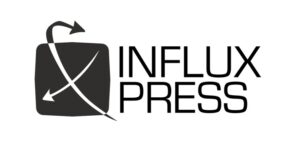
Mainly, where it should be, in the writers and in the writing.
9) Influx Press and Galley Beggar books are very different, in terms of style, content and production. Yet we feel part of the same sphere, and often collaborate at festivals and events. Why do you think this is?
Well it’s partly because you’re so cool! Our books are different, but I like to think I have a similar set of values and attitudes to Influx. We want to stick it to The Man. We are on the side of the small guys. We have similar feelings for social justice and the redeeming value of art. I also like to think that we’re similarly open to the unexpected and the thing from left-field and the book you can’t easily explain in three lines. Imaginary Cities, for instance, your wonderful book from Darran Anderson just made sense to me… Although, you know, in standard commercial terms… Oh and we’re curious about things. We take on books because we find them interesting…
10) Does being a writer yourself make being a publisher harder or easier?
I like to think it gives me some empathy with writers. I understand the frustrations of editorial – but also why it’s a valuable part of the process. I also understand how emotional and terrifying the whole process of having your book sent out into the world can be. I know that it’s psychologically bruising, as well as tremendously exciting, so I’m hopefully well placed to cushion a few of the blows… And you know, it gives me a soup to nuts overview. I’ve seen books go the whole way from being a daft idea in my noggin to a daft idea that someone else is holding in their hands…
I also understand how emotional and terrifying the whole process of having your book sent out into the world can be. I know that it’s psychologically bruising, as well as tremendously exciting
11) How does a writer keep going in the face of rejection? How do you keep faith in your manuscript, like Eimear did, and still find a publisher after such a long time?
Ha! I’ve got a book on submission at the moment and have had a fair few rejections and it’s hard. But I suppose I do have a hardcore of belief in the book too – I know it’s not perfect (and could do with some editorial input) but I also know that it’s essentially a good idea, maybe a valuable contribution to debates about transport and socialism, certainly an overdue doffing of the cap to a great writer. So there you go. You focus on the good things about the book: the reasons you wrote it and the things you hope you’ve achieved. You also tell yourself stories about people not understanding how well the book will go over, if only it gets its chance. In Eimear’s case, those stories were proved abundantly true. Of course, before that, it must have been tremendously hard. She almost did give up, in fact. It was her husband who brought us the book… It’s hard to believe now, but she was really quite nervous when we first met her. But it was also clear that inside she always knew she’d achieved something special. She’d just been waiting so long that she was no longer sure that other people would be able to see it. When I first told her she’d win a shedload of prizes, I think she thought I was joking…
12) Anything else to add?
I guess as an Indie we have the luxury of going for projects we love and things we think are really good. We don’t have to follow fashion and we don’t have to bow to shareholders. But that doesn’t mean we are simply wilfully obscure… I always like to think that we’d have wanted to publish Harry Potter, for instance, so long as we’d spotted it on the slush pile. If it’s got the magic, it’s worth pursuing…
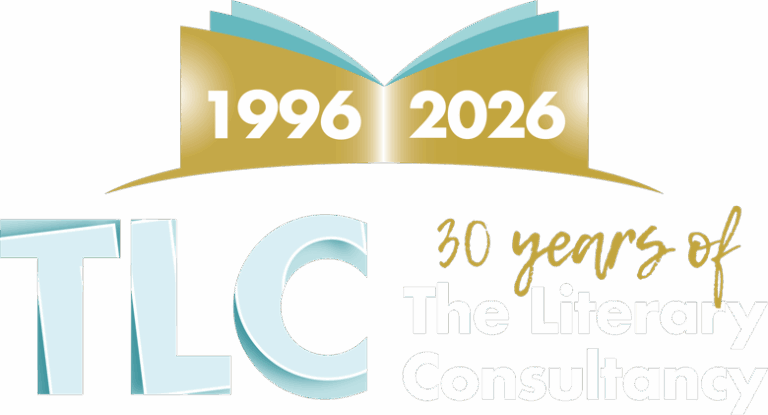
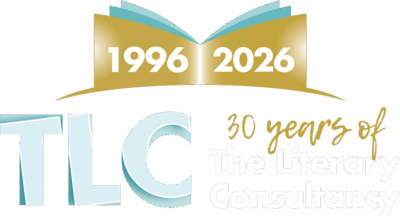

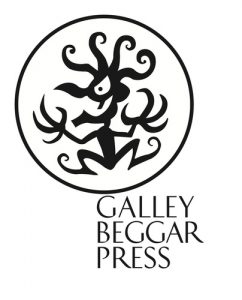
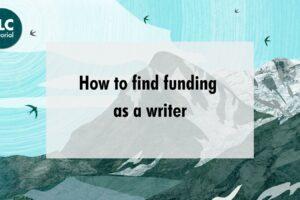
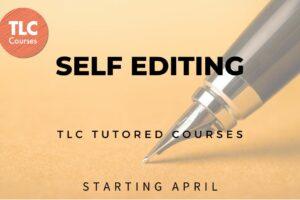


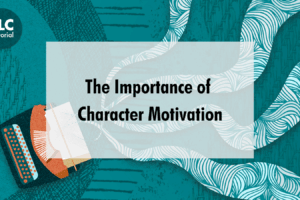

One Response
Hi, I am currently doing a Creative Writing degree at Birkbeck (full time) and have found this article a life saver. Will follow you on Twitter and am very much looking forward to buying and reading books published by both presses…when my maintenance loan comes in.
Thanks R Norris.